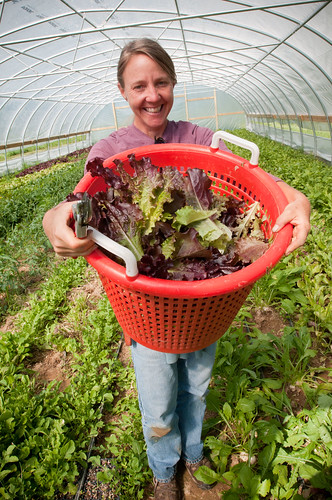Organic gardening is also cheap for the most part. Here are some suggestions on helping you in becoming a good organic gardener.
Using aspirin and water can prevent certain plant diseases. Dissolve aspirin (1.5 pills per gallon of water) in a plant disease fighting solution. You can just spray this concoction to help them fight of disease. Try to apply the mixture to the plants with this around every three week period.
The ambient temperate of a room with live plants should be kept between 65-75 degrees Fahrenheit during the day. The temperature needs to remain warm so they are able to grow. If you aren’t wanting your house to be this warm in the winter, you may want to use a heat lamp just for the plants.
If you choose to use organic methods to care for your houseplants, evaluate the amount of natural light that is present. If your house or apartment doesn’t get a lot of natural light, think about cultivating plants that do well in lower lighting situations. You could also try using grow-lights for this exact purpose.
It is simple to prepare the soil in a perennial garden. Use a spade to dig into the turf, then flip each piece over, and spread wood chips on top to a depth of four inches. Allow for at least 10 days to pass, then plant your perennials.
Have some plastic bags on hand so that you can put over your muddy gardening shoes.
Pine needles should not be overlooked as a surprisingly good source for mulch. Cover your beds with the needles, they will release acid into the soil and nourish your plants.
Laundry Basket
Use an aged laundry basket to help you want to collect produce from your garden. The laundry basket strains the produce as well as stores it while you are going through your garden.
Your compost pile should contain green plant materials and dried ones in equal amounts. Green plant material comprises leaves, weeds, grass clippings, vegetable waste, and fruit and vegetable waste. Dried plant material consists of sawdust, shredded paper, cardboard, cardboard, and dried and cut-up woody material. Avoid ashes, charcoal, charcoal and diseased plants in your compost.
Utilize the advice provided here, and you will soon be on your way to having a flourishing organic garden that is both healthy and free of pollutants. A flourishing organic garden will also be an open invitation to some very interesting creatures of the wild that you can look forward to seeing.

